2024 Research Award
Digital Pathology as a Predictive Tool for Aortic Dissection

Project Overview
In aortic surgery, critical decisions must often be made without sufficient information to predict disease progression. Aortic dissection surgery involves removing the damaged section of the aorta and replacing it with a synthetic graft. However, assessing the properties of the diseased aortic tissue is often subjective, with no available techniques to predict future risks to the patient. For example, following an aortic dissection repair, it is challenging to determine if the condition will progress to a more severe dissection or if the patient would benefit from a stent in the future. Early intervention could prevent death.
Enhancing the understanding of aortic disease development.
Histopathology, the study of diseased cells and tissues under a microscope, is crucial in cancer diagnosis but is rarely used routinely for aortic diseases. This is due to a lack of expert histopathologists, the complex nature of the aorta, and the time-consuming nature of histopathology. Nevertheless, recent studies suggest that histopathology could significantly improve the treatment of aortic dissection patients.
This project aims to develop digital pathology software using artificial intelligence to characterise aortic tissue accurately and automatically. This technology will enable surgeons to intervene quickly if problems are detected post-surgery, potentially saving lives. This approach could become a routine method for assessing patient risk through the inclusion of histopathology in multidisciplinary team (MDT) care. Digital pathology results, once evaluated by the MDT, will provide clear guidelines for any further treatment, such as the need for a stent to prevent disease progression.
By combining long-term disease progression data with new digital pathology analysis, this project aims to develop predictive models on the “natural history” of aortic dissection, enhancing the understanding of disease development.
Project Lead
Dr Riaz Akhtar
Reader in Biomedical Engineering, University of Liverpool
Dr Riaz Akhtar has extensive expertise in the micromechanical behaviour of biological tissues. His research focuses on understanding how the nano- and micro-scale properties of biological tissues change with ageing and disease. His work bridges fundamental science and clinical practice, often involving collaborations with industry on medical device development.

Join the research panel
Would you like to be part of this and future research projects? As a survivor, relative or family member who has lost a loved one to AD, your experience and opinion are vital.

Privacy Policy | Accessibility
The Aortic Dissection Charitable Trust
Registered charity in England & Wales No. 1191420
Registered charity in Scotland No. SC051517
PO Box 812, Hope Valley, Chesterfield S40 9QY
The information and materials on this site are for general information purposes only. This site is not designed to provide individual medical advice, diagnosis or treatment. If you have any concerns, please speak to your GP. If you believe you have a medical emergency, call 999 immediately.


